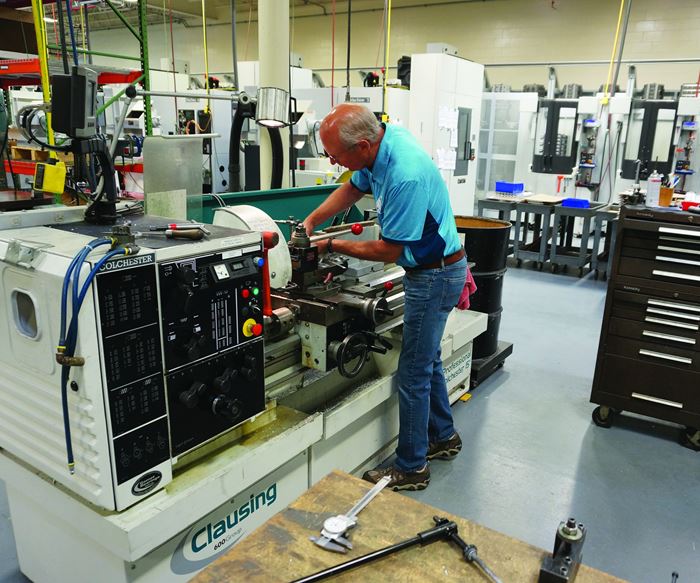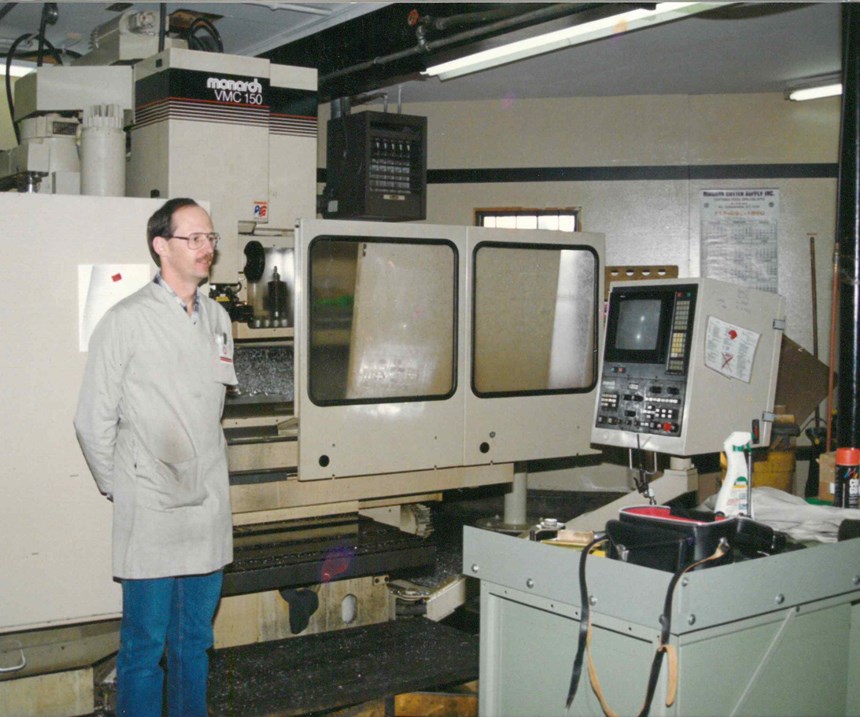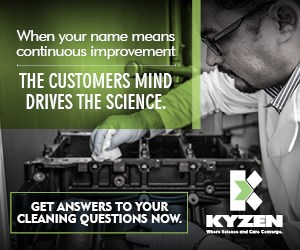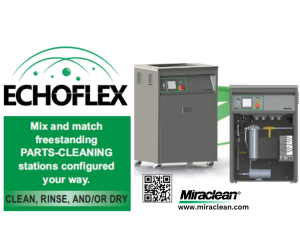Machine Shop for Sale
Reflections on the why, the how and the final outcome of selling my machine shop.
Share




Takumi USA
Featured Content
View More




I opened the doors to Staub Machine in 1975 when I was just 25 years old and very naïve. My mission statement was simply to support myself, my wife and family to come. The business began in our one-and-a-half car garage where it was easy to work extended hours—when I had a job to complete. We suffered through some difficult years when I was investing in the business yet borrowing on the line of credit for groceries. After 10 years, the business turned out to be reasonably successful. I hired employees, purchased equipment and embraced technology. As the business became more profitable, I was able to provide health insurance and profit-sharing benefits for the employees. When the years turned into decades and I was looking back on 30+ years, two questions kept coming up: “Where am I headed?” and “What am I going to do with my machine shop?”
I struggled with this dilemma for 10 years, never finding an answer that made sense. I did not have a child or an employee who fit my idea of a logical owner. In 2014, I took an entrepreneurial leadership course at the University of Buffalo for business owners. I was the oldest student with the most business experience. I met mentors and reactors, and I formed a bond with 23 classmates. The experience inspired some serious reflection. After a day of careful consideration, I made a very hard decision: It was time to sell Staub Machine. The next day, during a Chamber of Commerce tour of our Hamburg, New York facility, I made the announcement that I was going to sell the business. I shocked the employees. A number of them tried to get me to reconsider, but I was committed to a transition plan. It seemed like everyone was asking me why I was selling. I had a simple answer: I sold because I wanted the business to continue. I realized that I did not have the stamina or the desire to work 40- to 60-hour weeks. I did not have the drive that I had when I was younger, and it was beginning to show. I needed to move forward with the sale for the good of the business.
During the process, I sorted through potential buyers and interested parties, and I learned that money was not my driving force. As I became better aware of what was important to me, I realized that money was taking a back seat. I wanted the business to remain similar to how I operated it, I wanted a home for my employees, I wanted continuity with my customers and the opportunity to work with the current vendors. For me personally, I wanted a landing spot. I began to screen the buyers by looking for a local investor, good leadership, someone who was a generation younger and someone smarter than me.
I had met Joe 20 years earlier. He worked for a small manufacturer in the area. We became friends and shared a mutual respect for each other. He had entrepreneurial aspirations, eventually controlling and buying the company for which he worked. Later, he and I served on each other’s advisory boards. He had confided in me years ago that he loved our operation, and during the search for a buyer, he raised his hand and expressed his interest in Staub to everyone at the table. I had always respected him and considered him the most honest person I knew, so I decided to put my total faith in him when he named the sale price and began driving the sale/purchase process. We shook hands on a deal, and he began working in the office without compensation a year and a half to learn about Staub.
After a few months, Joe came to me and enhanced the deal on which we had already agreed. He began making decisions and interacting with employees as I backed out of the way. Almost two years after the handshake, the sale of Staub Machine was finalized in January of 2018. I went to work the next day like nothing changed, and for most outsiders, there is no difference. We have the same staff, customers and vendors as before, but I am now treated as a consultant, and my business card says “Founder.” Joe encourages me to take time for myself, allows me to be a part of many decisions and lets me keep my office. My days are split between some design work and consulting on new jobs or diagnosing shop problems. I also have my own kingdom in the shop: the manual engine lathe and Bridgeport milling machine.
I cannot imagine how the decision to sell and the transition could have gone any better. I got everything I wanted. With an owner like Joe, I am also committed to making this business even better. Finally, there is one thing that Joe said to me that I cannot forget. He said, “Tony, if you want it, there’s a place for you here for the next 20 years.”
Read Next
5 Rules of Thumb for Buying CNC Machine Tools
Use these tips to carefully plan your machine tool purchases and to avoid regretting your decision later.
Read MoreRegistration Now Open for the Precision Machining Technology Show (PMTS) 2025
The precision machining industry’s premier event returns to Cleveland, OH, April 1-3.
Read MoreBuilding Out a Foundation for Student Machinists
Autodesk and Haas have teamed up to produce an introductory course for students that covers the basics of CAD, CAM and CNC while providing them with a portfolio part.
Read More



.png;maxWidth=150)


































.jpg;maxWidth=300;quality=90)

.jpg;maxWidth=300;quality=90)




